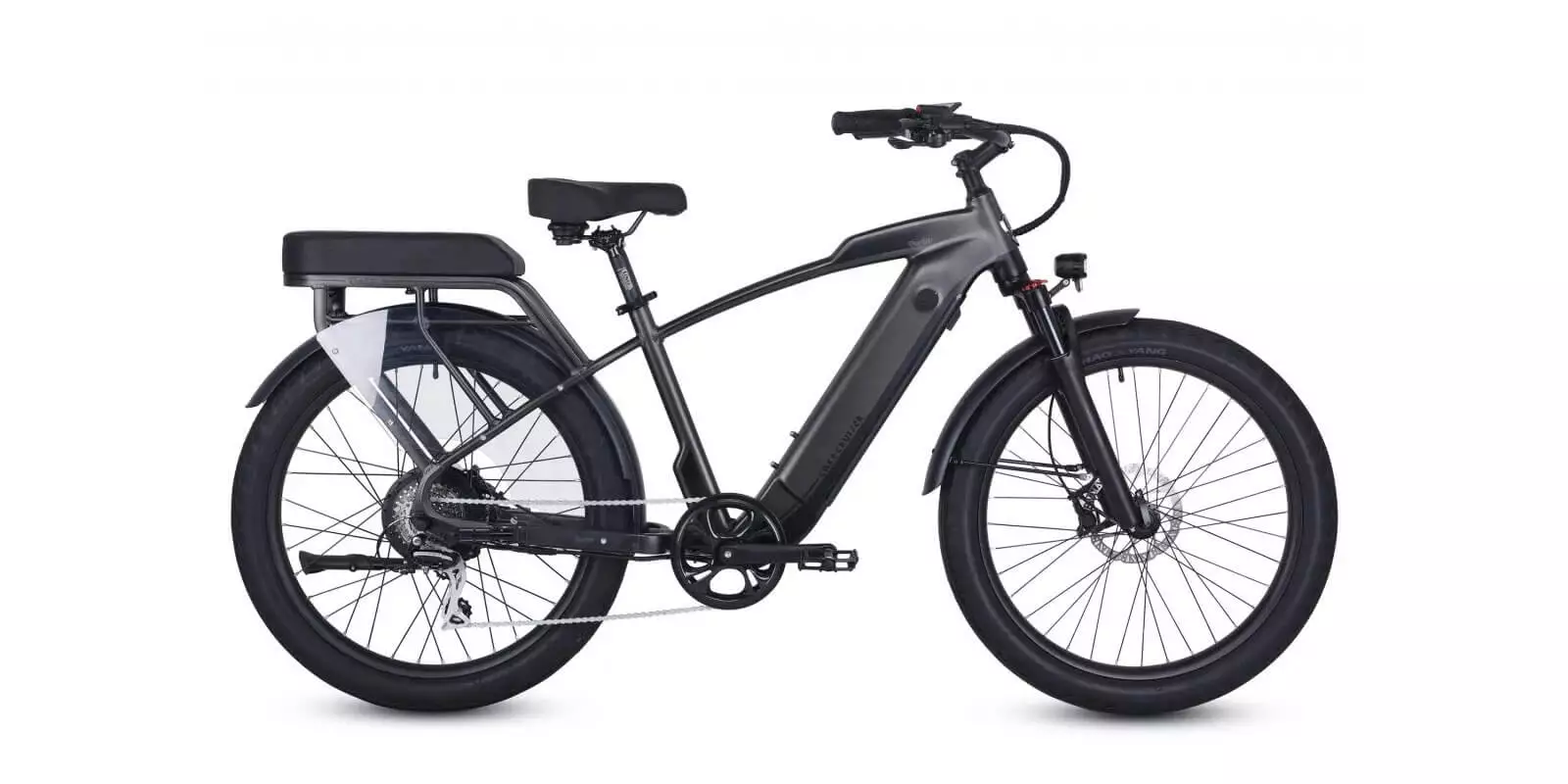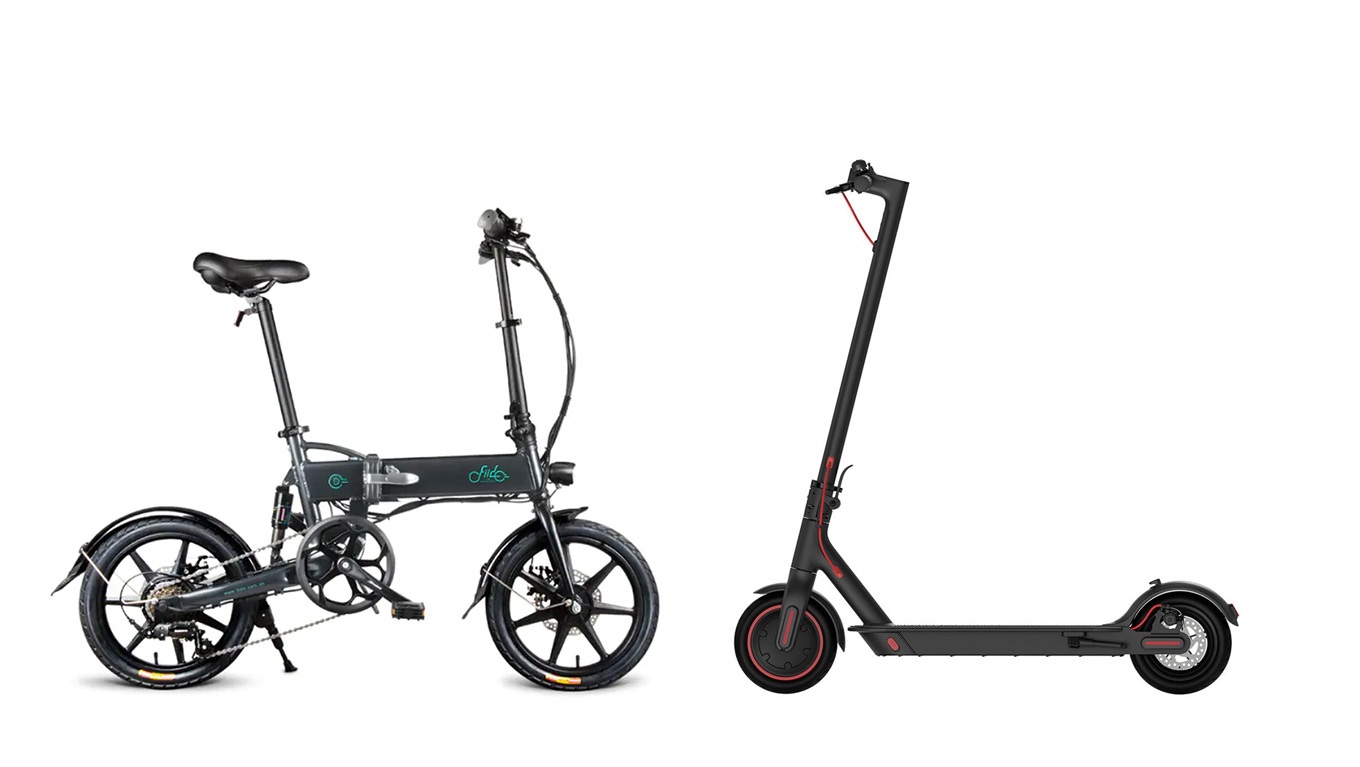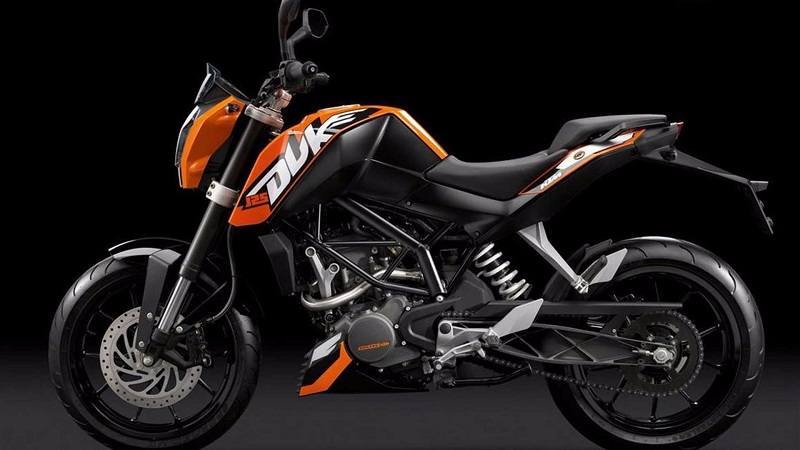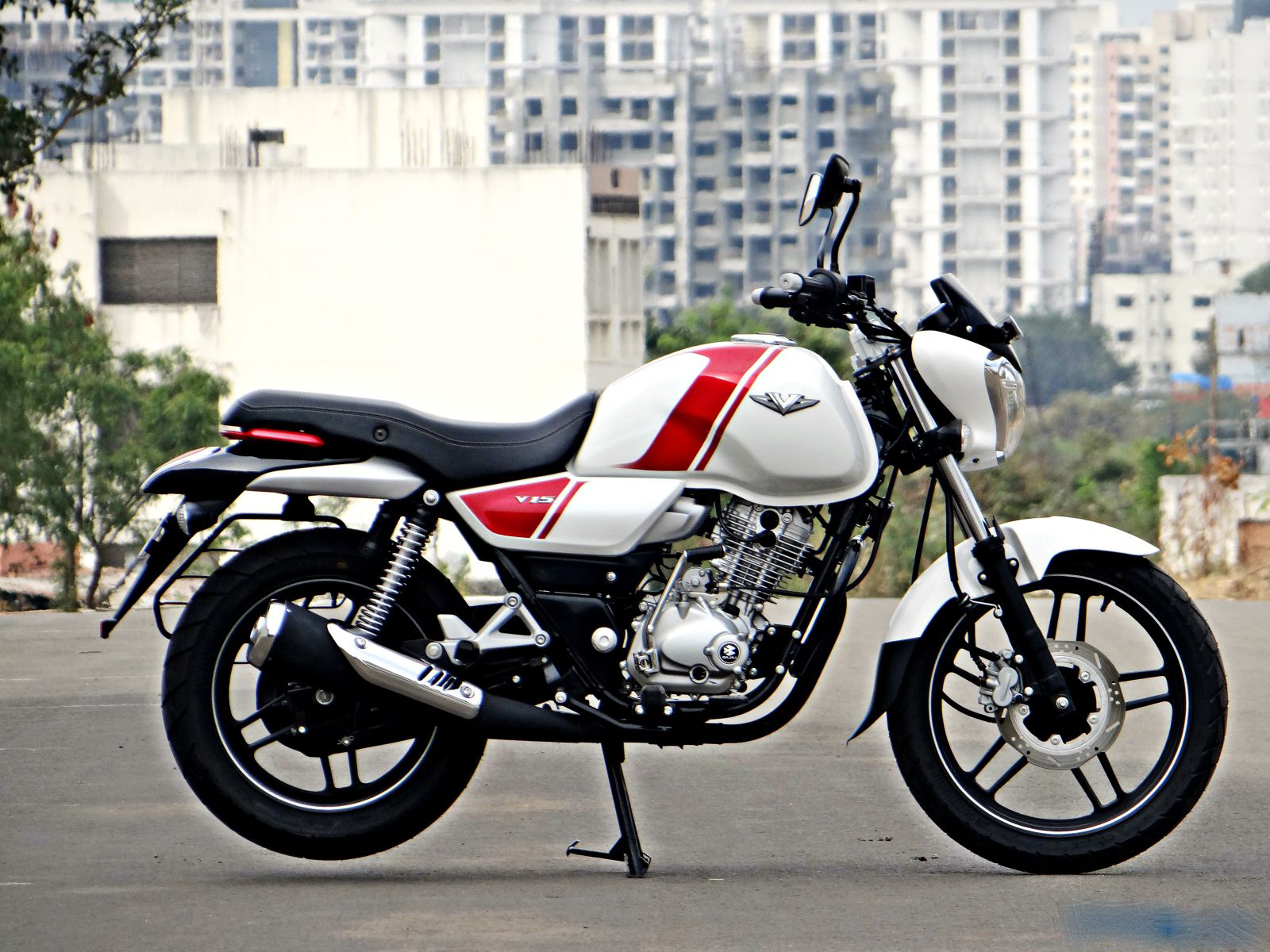In recent years, the world has witnessed a growing interest in sustainable transportation alternatives. As urban centers become more congested and concerns about environmental impact increase, people are seeking innovative ways to commute efficiently while reducing their carbon footprint. One such solution that is gaining popularity is the electric bike. In this blog post, we will explore how electric bikes are revolutionizing transportation and shaping the future of commuting.

Enhancing Commuting Efficiency
Electric bikes, also known as e-bikes, offer a practical solution for daily commuting. With their integrated electric motors, e-bikes assist riders in pedaling, allowing them to reach higher speeds with less effort. Commuters can easily navigate through traffic and arrive at their destination faster, bypassing congestion-prone areas. Additionally, e-bikes eliminate the hassle of finding parking spaces, as they can be easily locked and stored without the need for designated spots.
Eco-Friendly Transportation
One of the significant advantages of electric bikes is their positive impact on the environment. Traditional modes of transportation, such as cars and motorcycles, emit greenhouse gases that contribute to air pollution and climate change. On the other hand, e-bikes produce zero emissions during operation, making them a greener alternative. By opting for electric bikes, commuters can actively contribute to reducing their carbon footprint and improving air quality in their communities.
Improved Health and Fitness
Contrary to popular belief, electric bikes do not eliminate physical activity from the equation. In fact, e-bikes encourage riders to engage in regular exercise. Commuters can choose the level of assistance provided by the electric motor, allowing them to pedal as much or as little as desired. This combination of pedaling and electric assistance provides an excellent opportunity for individuals to improve their fitness levels, strengthen their muscles, and promote cardiovascular health.
Cost-Effective Transportation
Compared to other modes of transportation, FIIDO D3 PRO electric bike offers significant cost savings. The cost of purchasing and maintaining an e-bike is considerably lower than that of a car or motorcycle. With rising fuel prices and expensive parking fees, e-bikes provide a budget-friendly option for daily commuting. Additionally, the cost of charging an e-bike is significantly lower than refueling a conventional vehicle, making it a more affordable choice in the long run.
Accessibility and Flexibility
Electric bikes are an inclusive mode of transportation, catering to a wide range of individuals. They provide an accessible option for people who may have physical limitations or health concerns that prevent them from using traditional bikes. E-bikes allow individuals to travel longer distances and tackle hilly terrains with ease, expanding the commuting options for a broader audience. Furthermore, e-bikes can be combined with other modes of transportation, such as trains or buses, enabling commuters to create flexible and efficient multi-modal journeys.
Useful Links: Discussions.Apple, Autodesk, Bitbucket, Dropbox, Twitter, Pinterest, Nfomedia, Cakeresume

Max isn’t your ordinary auto blogger. He’s your friendly neighborhood gearhead, here to guide you through the automotive maze. His blog is like a conversation with a buddy who’s always got the latest auto scoop.




